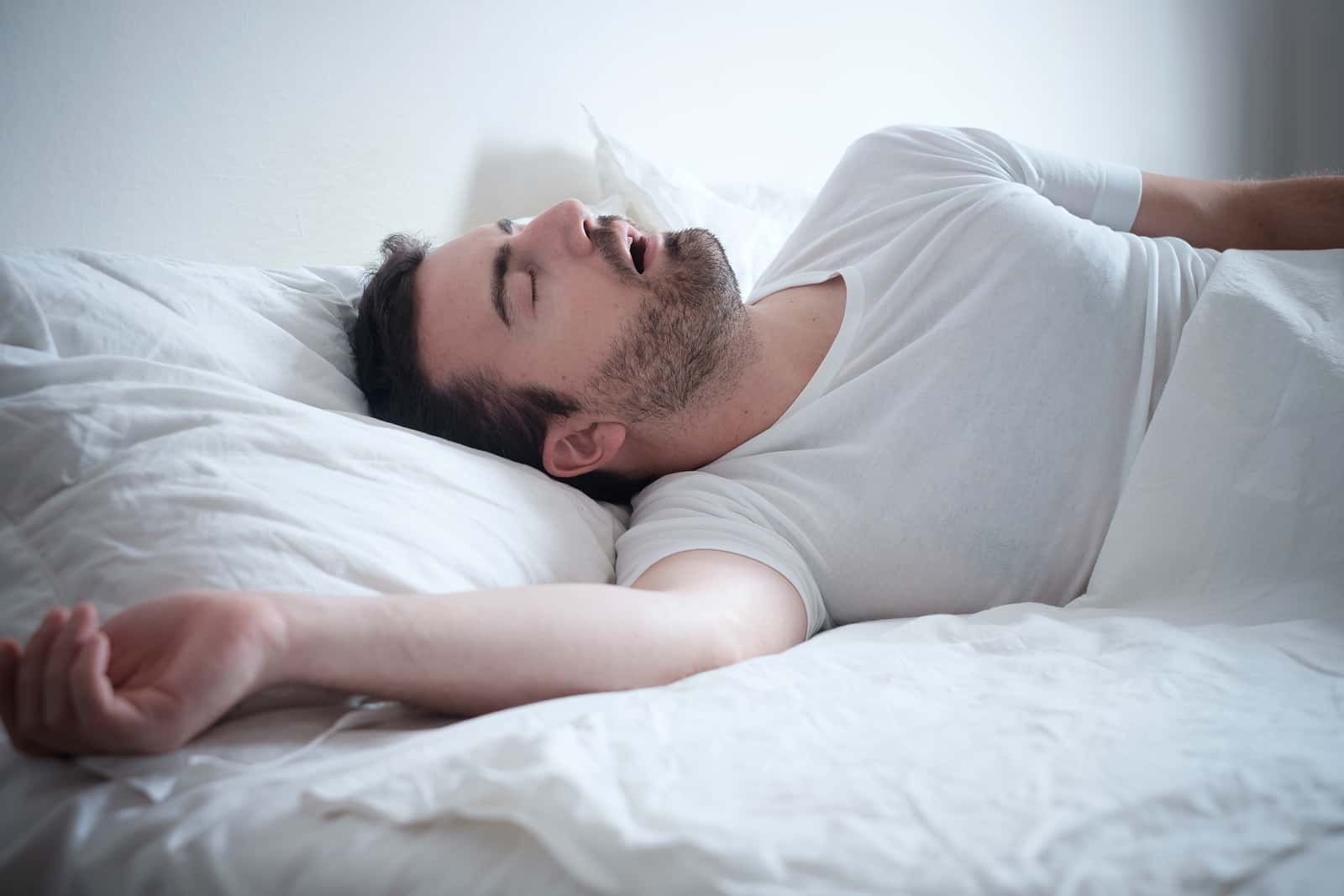
During allergy season, many people are troubled with nighttime congestion. A stuffy nose can make it hard to breathe, and that in turn disrupts sleep. If a person chooses a decongestant nasal spray to manage this problem, he or she will need to be very careful not to use it for more than a few days. Otherwise, he might experience nose spray addiction. What other options are there to help clear up this problem?
SnoreCare Vents for Nighttime Congestion:
Q. Sometimes people write to you about nasal congestion at night. This happened frequently to me until I started using SnoreCare nasal vents. These really open my nasal passages and I no longer feel congested. I hope you will pass this hint along.
A. It comes as no surprise that nasal congestion could interfere with nighttime breathing (Georgalas, European Archives of Oto-Rhino-Laryngology, Sep. 2011). Doctors generally prescribe steroid nasal sprays such as Flonase or a continuous positive airway pressure (CPAP) machine for such problems.
Vents and Strips Can Ease Nasal Congestion at Night:
Nasal vents or nasal strips such as Breathe Right can improve nasal breathing (Camacho et al, Pulmonary Medicine, Dec. 13, 2016). However, they don’t do much for serious sleep apnea. Someone struggling with chronic nighttime congestion might need a stronger solution than such nasal dilators. If a CPAP machine is not an option, special exercises to strengthen the tongue and throat may be helpful (Camacho et al, Sleep, May 1, 2015).
Citations
- Georgalas C, "The role of the nose in snoring and sleep apnoea: An update." European Archives of Otorhinolaryngology, Sep. 2011. DOI: 10.1007/s00405-010-1469-7
- Camacho M et al, "Nasal Dilators (Breathe Right Strips and NoZovent) for Snoring and OSA: A systematic review and meta-analysis." Pulmonary Medicine, Dec. 13, 2016.
- Camacho M et al, "Myofunctional therapy to treat obstructive sleep apnea: A systematic review and meta-analysis." Sleep, May 1, 2015. DOI: 10.5665/sleep.4652

